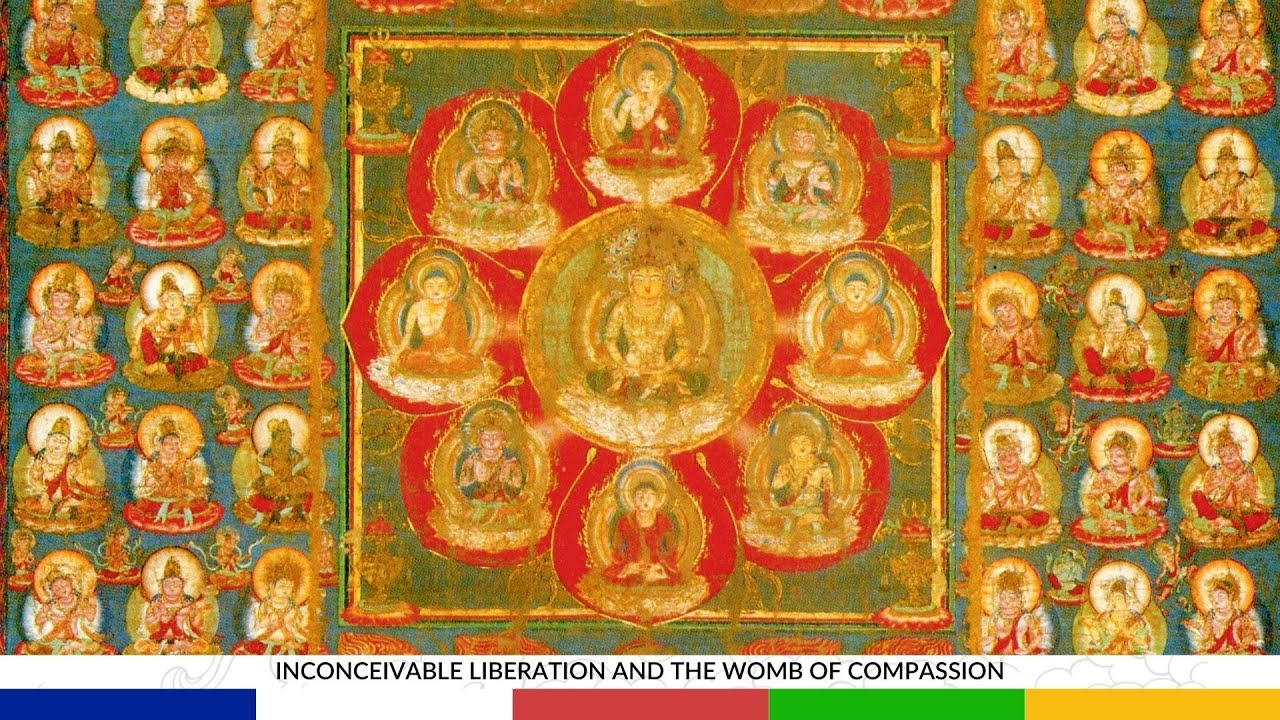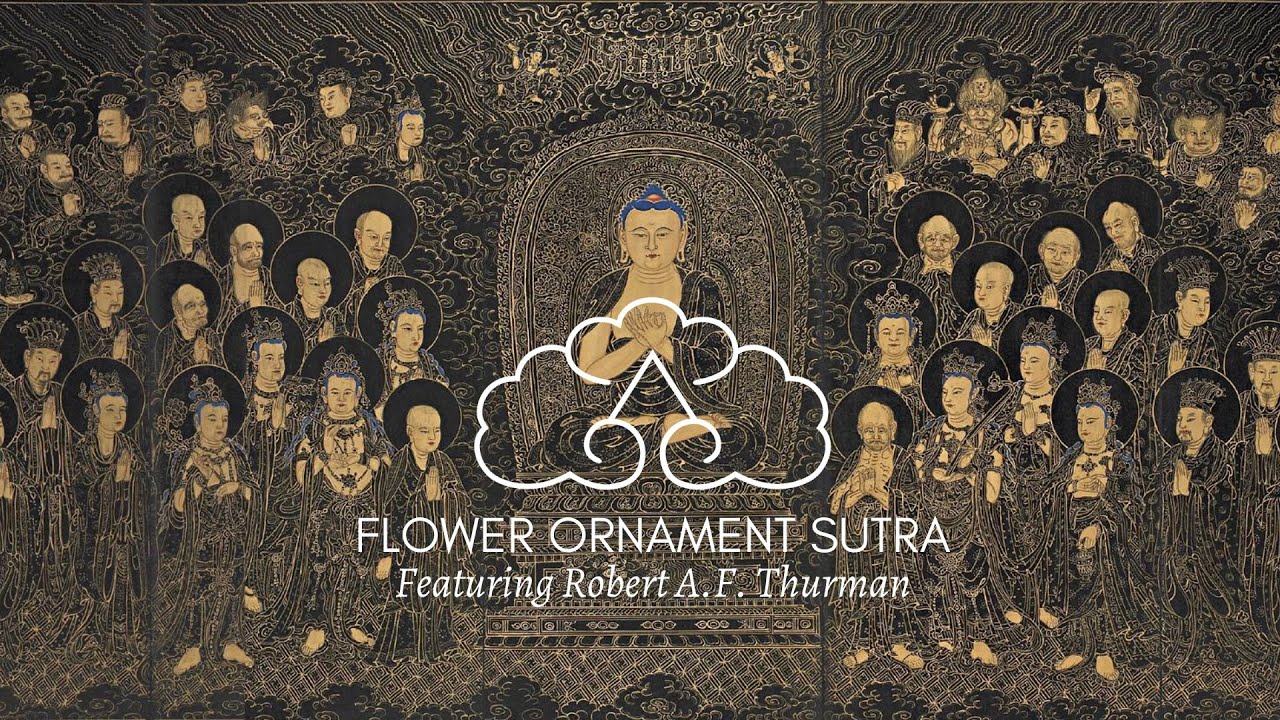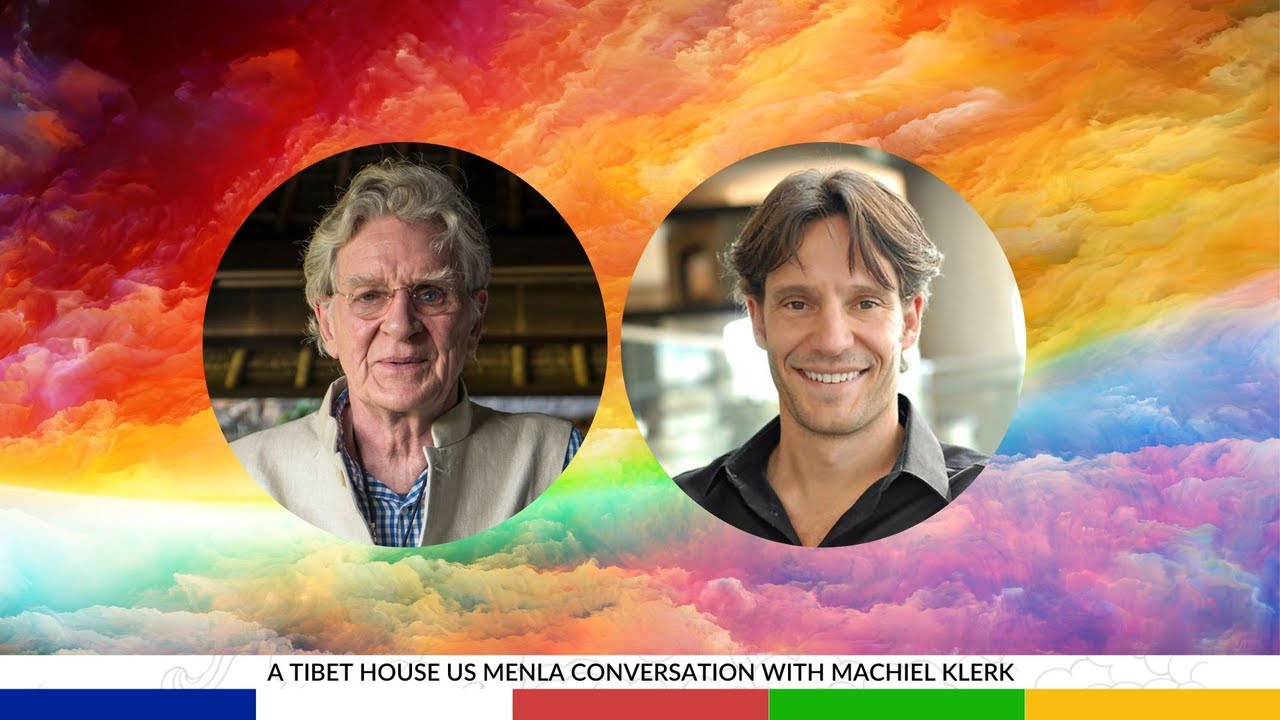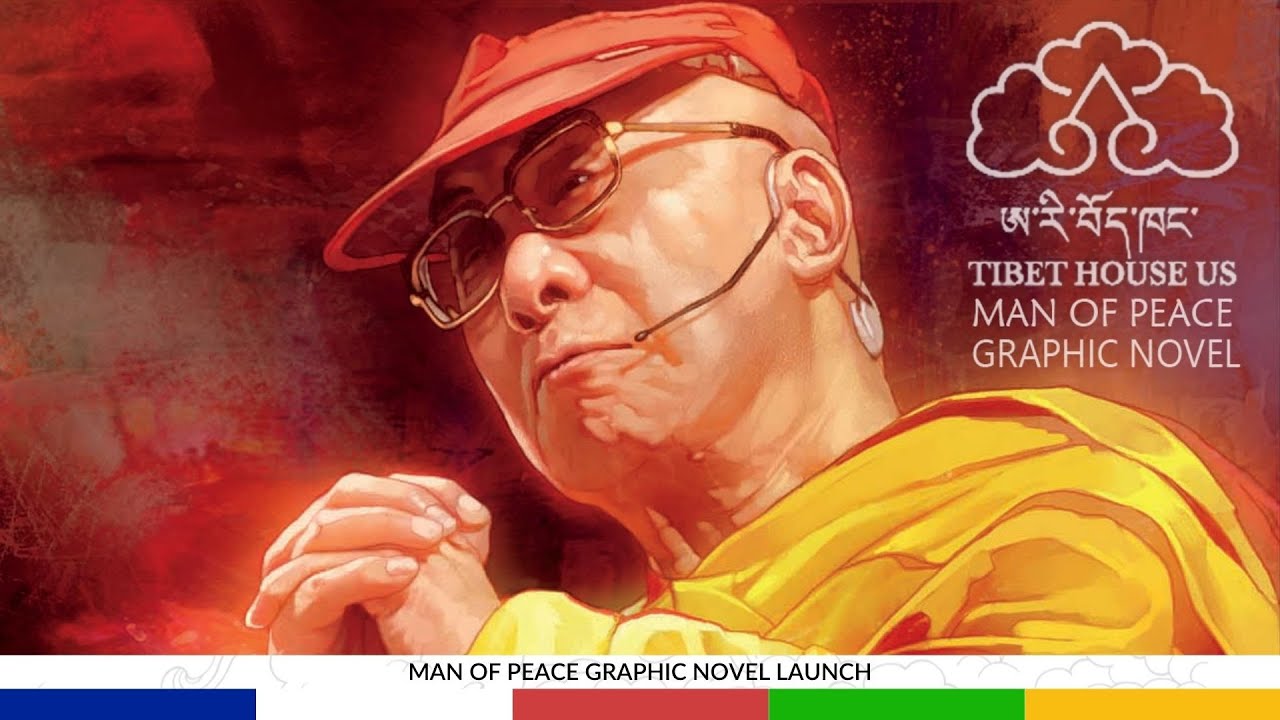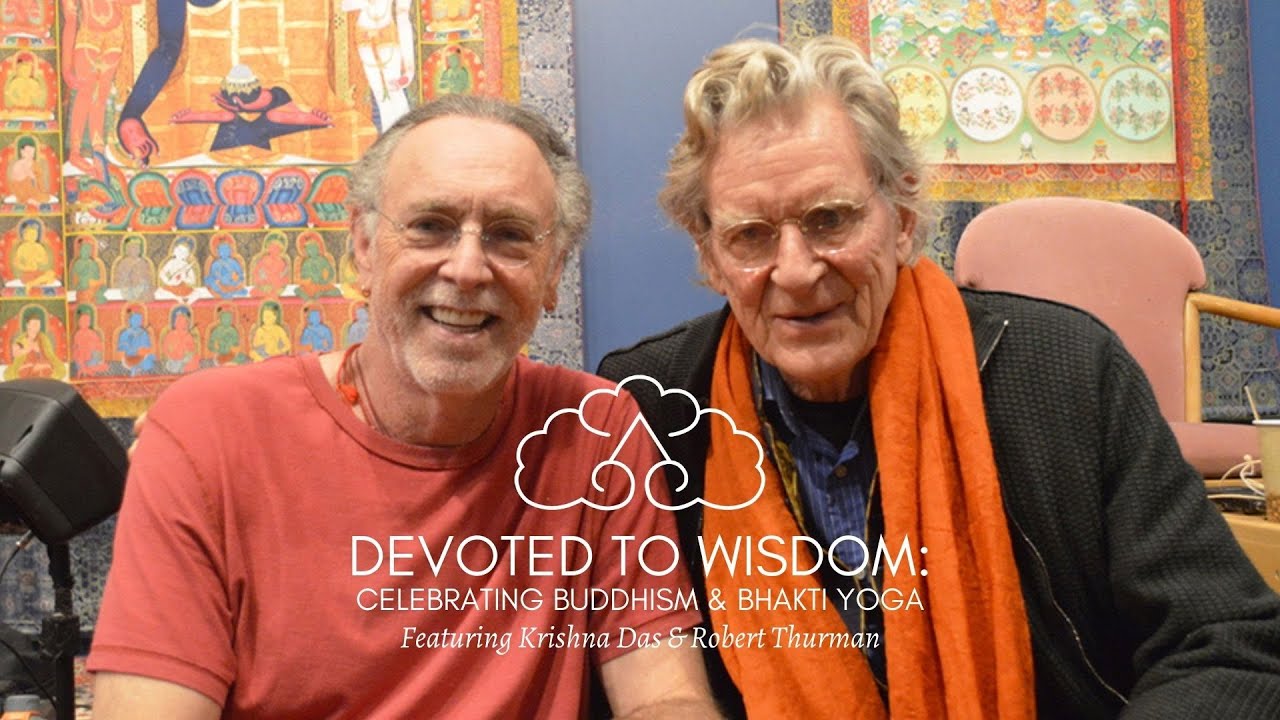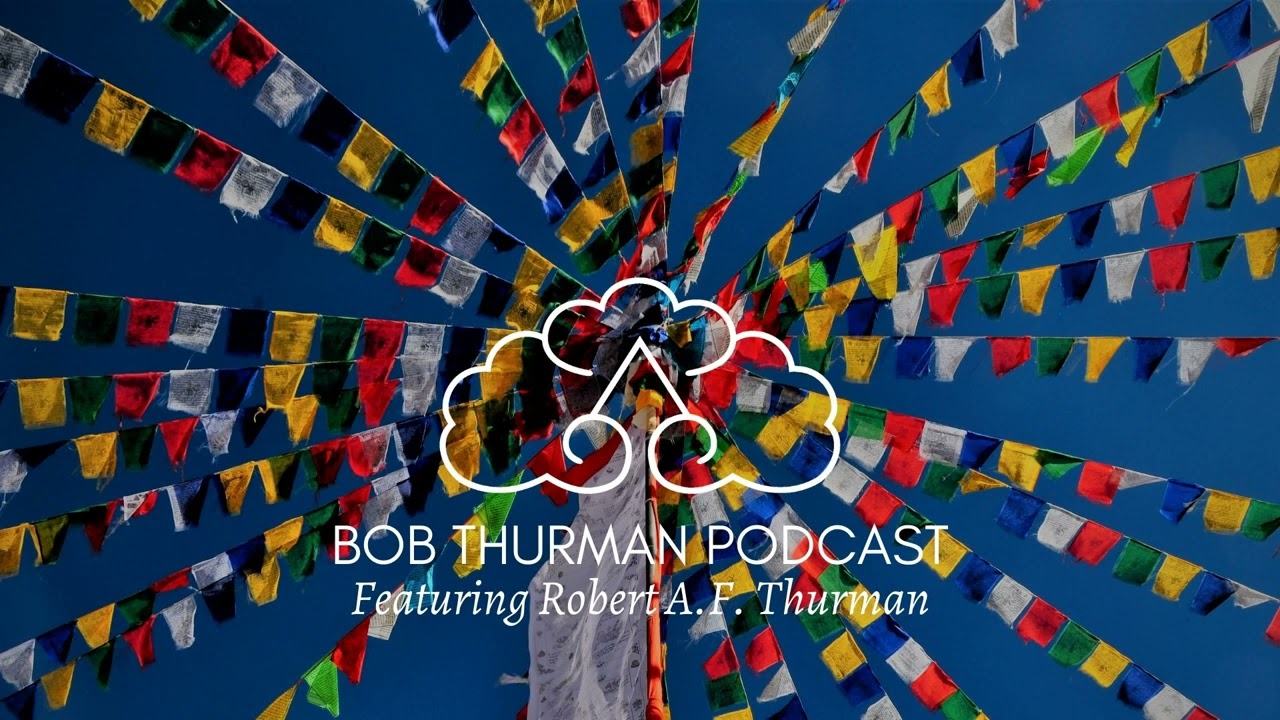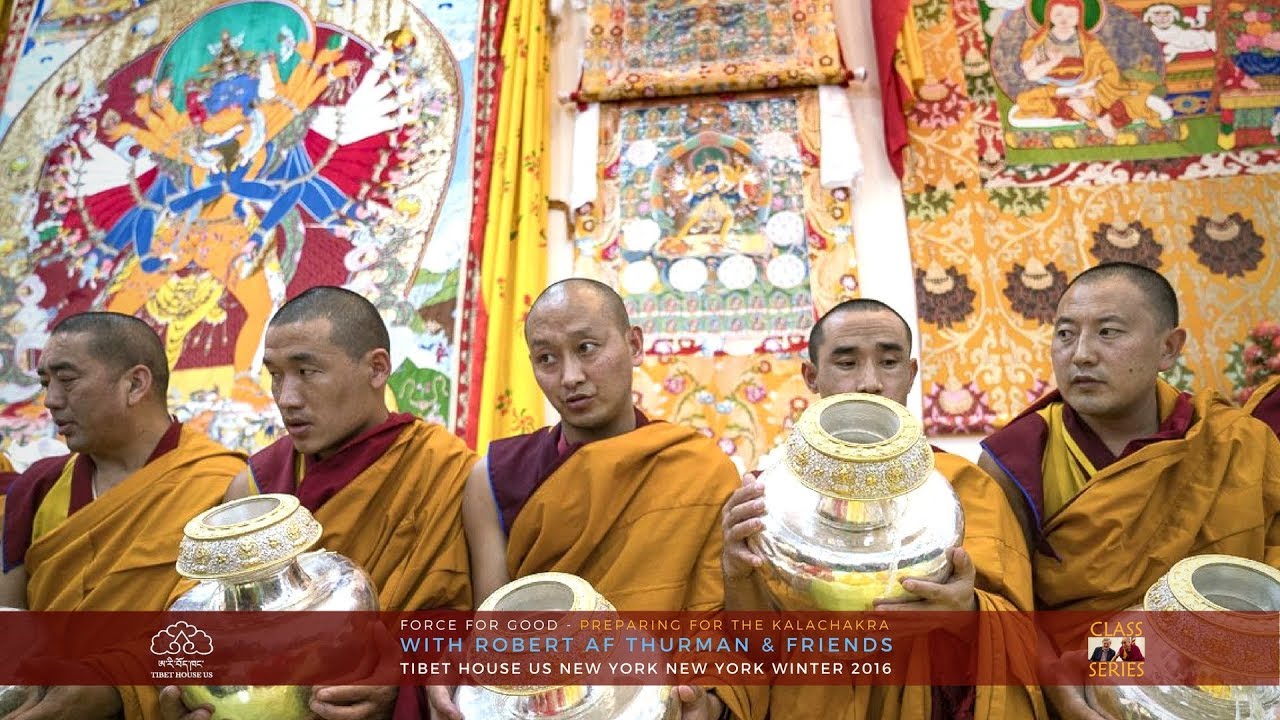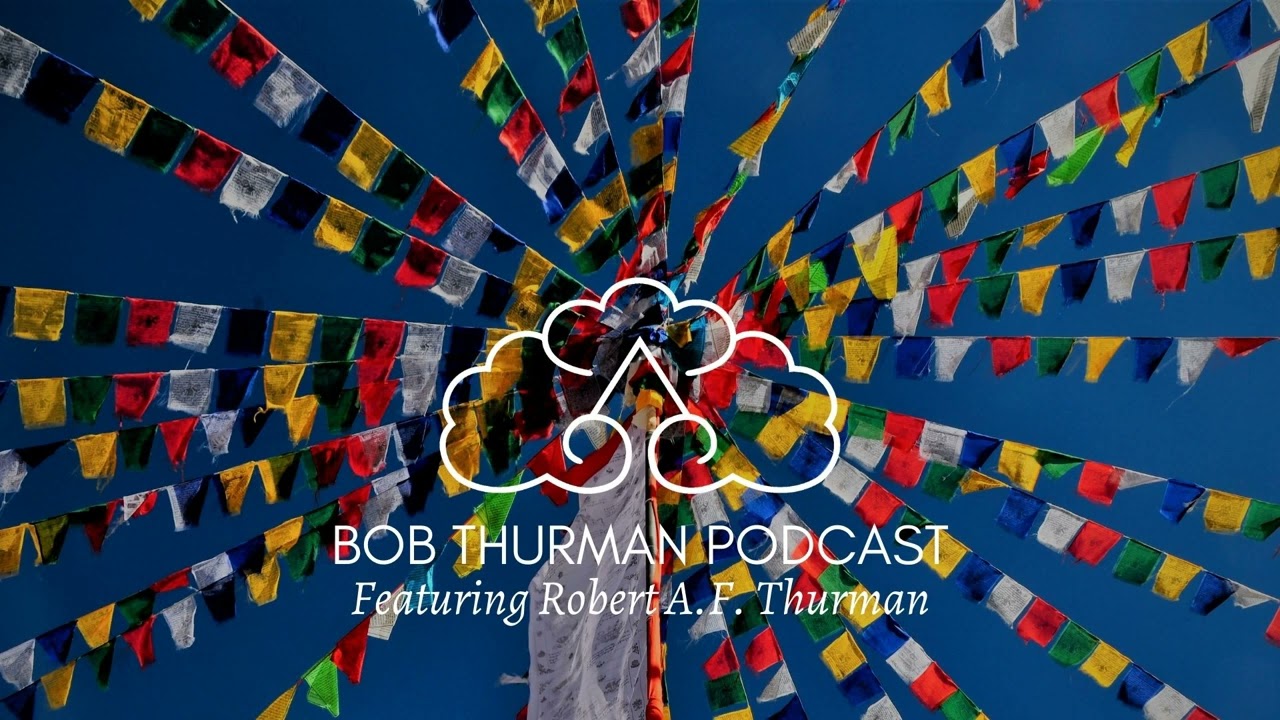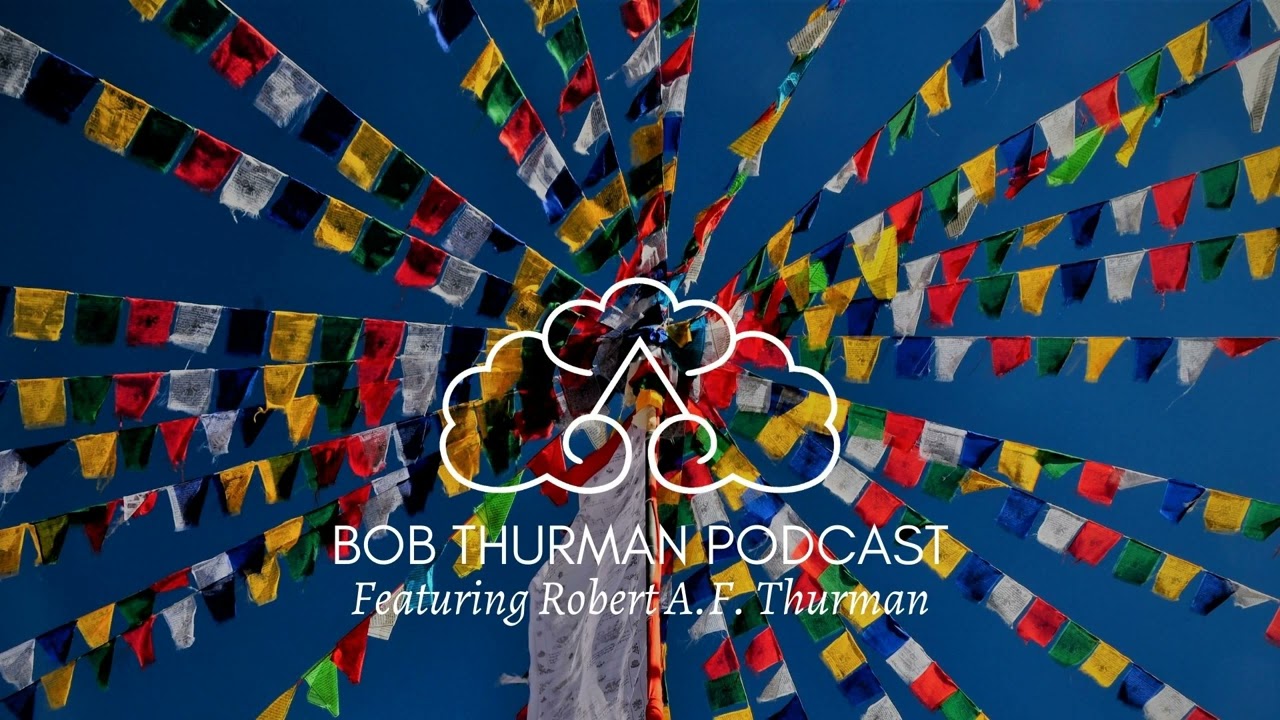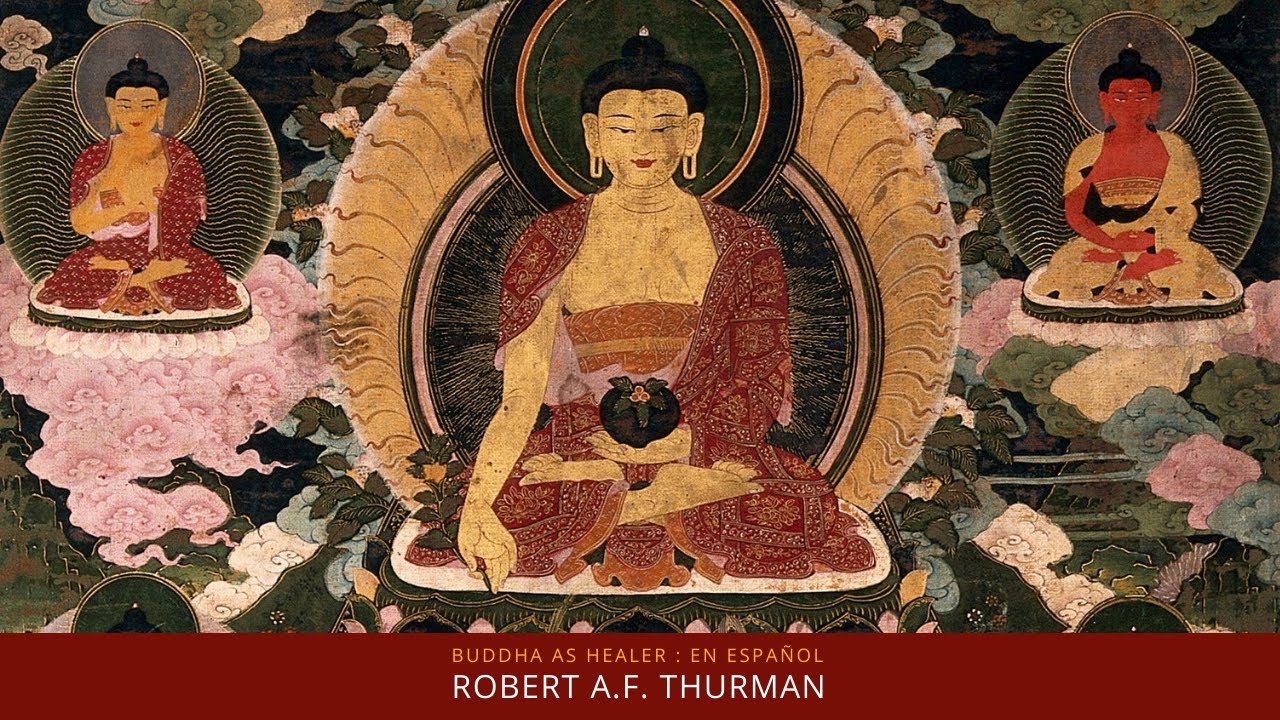Satipatthana Sutta : Mindfulness + What The Buddha Remembered with Mark Epstein M.D. Force For Good 2016 at Tibet House US in New York City
In this short video Mark Epstein M.D. gives an introduction to the “Satipaṭṭhāna Sutta” providing the history of the term “mindfulness”, it’s connection to the original language the historical Buddha used when teaching meditation and it’s relationship between the different Buddhist mindfulness meditation traditions.
“Mindfulness + What The Buddha Remembered ” is an excerpt from the archive video of the February 2016 teaching on the ‘Satipatthana Sutta’ (also known as the Discourse on the Establishing Mindfulness in the Pali Cannon) with Mark Epstein M.D. from the Force For Good Class Series, recorded at Tibet House US in New York City.
In the fill video Dr. Epstein uses Anālayo’s English translation of “Satipaṭṭhāna: The Direct Path to Realization” Dr Mark Epstein leads a discussion of vipassana meditation + the relationship between Buddhist mindfulness and modern psychotherapy.
“The very word “mindfulness” tends to encourage this overly aggressive approach. It can sound admonishing at times, carrying with it the injunction, “Be Mindful!” There is a ring of the Protestant ethic to it. This is not accidental. First used in an English translation of a Buddhist text in 1881 at the height of the British colonization of South Asia, the term “mindfulness” came into general acceptance in the Western world thereafter.
But the term is a Western invention. The original word in the language of the Buddha’s time was sati. Sati means remembering. Right Mindfulness— or Right Sati—means remembering to keep an eye on oneself. Its opposite is forgetting—or absentmindedness—the kind of forgetting that happens all of the time when one is lost in thought. The distinctive quality of mindfulness is that it remembers. Once established in the mind, it remembers itself. A clearer description of what is meant by sati might be presence of mind.”
Mark Epstein M.D. via Hay House’s Heal Your Life
This talk was recorded during the 2016 Force For Good Class Series at Tibet House US in New York City.
‘A Force For Good’ is a Tibet House US course to further the Dalai Lama’s contemporary world initiatives, from His Holiness’ American Institute of Buddhist Studies and Mind & Life Institute science dialogues (Universe in a Single Atom) and His creation of Abhidharma 2.0 through the “Science for Monks” programs, his “secular ethics” (Ethics for the New Millennium and Beyond Religion), His nonviolent approach to conflict resolution, including His Nobel Peace Laureate activities to seek dialogue and a win-win reconciliation with China in the face of the ongoing ethnicidal policies in Tibet (Freedom in Exile and Man of Peace: The Illustrated Life Story of Tibet’s Dalai Lama) & along with his emphasis on positive activism (A New Reality: Charter of Universal Responsibility).
 To watch the full video “Satipatthana Sutta : Vipassana, Mindfulness & Therapy with Mark Epstein M.D. Force For Good 2016” (1:52:18) please visit the Tibet House US Archives at www.tibethouse.us.
To watch the full video “Satipatthana Sutta : Vipassana, Mindfulness & Therapy with Mark Epstein M.D. Force For Good 2016” (1:52:18) please visit the Tibet House US Archives at www.tibethouse.us.
To join the on-going #ForceForGood series please visit: www.tibethouse.us.
To watch more videos from past ‘Force for Good’ programs please visit the Tibet House US Member Archive, available to monthly supporters.
Full access starts at $2 a month.
? Music by Tenzin Choegyal, Used with Permission www.tenzinchoegyal.com
? Mindfulness + What The Buddha Remembered Photo by David Gabriel Fischer via Zen Diary.
About Mark Epstein, M.D
Mark Epstein, M.D. is a psychiatrist in New York City and the author of a number of books about the interface of Buddhism & psychotherapy, including Thoughts without a Thinker, Going to Pieces without Falling Apart, Going on Being, Open to Desire, Psychotherapy without the Self & The Trauma of Everyday Life. He received his undergraduate and medical degrees from Harvard University and is currently Clinical Assistant Professor in the Postdoctoral Program in Psychotherapy and Psychoanalysis at New York University.


